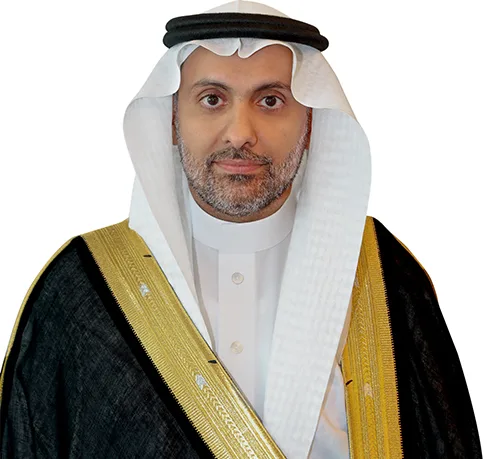Major Saudi Arabia healthcare investment agreements signal the Kingdom’s commitment to becoming a regional leader in addressing Global Health challenges through innovation and AI under Vision 2030
Saudi Arabia has announced more than SR50 billion ($13.3 billion) in new healthcare investment deals during the opening day of the seventh Global Health Exhibition in Riyadh, marking a significant milestone in the Kingdom’s healthcare sector transformation under Vision 2030.
Among the key agreements disclosed on Monday, Saudi Minister of Health Fahad Al-Jalajel revealed an SR4 billion deal for pharmaceutical manufacturing involving NUPCO, Novo Nordisk, and Sanofi. In addition, an SR5 billion expansion project by Fakeeh Care Group was announced, alongside an SR3 billion plan by Almoosa Health Group to establish five primary care centres and two hospitals.
Dallah Health Group, a major player in Saudi Arabia’s healthcare landscape, also unveiled its acquisition of Al-Salam and Al-Ahsa hospitals, adding 749 beds to the healthcare system in the Eastern Province. Dallah further plans to develop a new hospital in Riyadh, with a capacity of 250 beds and expansion potential, in a project valued at SR4 billion.
Embed from Getty ImagesThe Global Health Exhibition, which runs from October 21 to 23 at the Riyadh Exhibition and Convention Center, is themed “Invest in Health” and aims to explore transformative investments in the Kingdom’s healthcare sector. It has brought together government leaders, healthcare professionals, and industry experts from across the globe, underscoring Saudi Arabia’s role as a leading regional player in healthcare investment and innovation.
In his opening remarks, Al-Jalajel highlighted the Kingdom’s ambitious goals as part of its Health Sector Transformation Program, an integral element of Vision 2030. He stressed that Saudi Arabia aims to become a hub for addressing global health challenges by fostering a unified government approach that prioritises innovation, digital solutions, and artificial intelligence (AI).
“Our goal is for the Kingdom of Saudi Arabia to serve as a hub for addressing global challenges by establishing a unified government approach, focusing on innovation, digital solutions, and artificial intelligence,” Al-Jalajel stated during his address.
The Kingdom’s healthcare transformation is part of its broader Vision 2030 agenda, which seeks to diversify the national economy, enhance social infrastructure, and ensure the well-being of its citizens through strategic reforms and investments. As a regional healthcare leader, Saudi Arabia is positioning itself to meet the growing demand for healthcare services, particularly in light of a rapidly expanding population and rising healthcare expectations.
Investment in the private health insurance sector has also seen a significant surge, according to Al-Jalajel. By the end of 2023, more than 12 million people were insured in Saudi Arabia, a stark contrast to just 3 million in 2011. The market value, currently estimated at SR40 billion, is projected to double by 2030 as the Kingdom continues to develop and modernise its healthcare system.
In addition to the headline investment deals, several strategic partnerships were also announced, aimed at boosting research, innovation, and the development of healthcare professionals within the Kingdom. These partnerships involve collaborations between universities, healthcare institutions, and the private sector, further strengthening Saudi Arabia’s healthcare capabilities and advancing medical research.
The exhibition is not only a platform for showcasing investment opportunities but also for fostering dialogue on how best to address pressing healthcare challenges in the Kingdom and beyond. The event reflects Saudi Arabia’s commitment to being at the forefront of healthcare innovation and positioning itself as a key player in the global healthcare market.
As the Kingdom continues to implement its Vision 2030 goals, the healthcare sector remains a pivotal area of focus. By prioritising investments in pharmaceuticals, healthcare infrastructure, and insurance, Saudi Arabia aims to provide high-quality, accessible healthcare services for all its citizens while contributing to global health solutions.
The Global Health Exhibition, now in its seventh edition, has become a key event for discussing the future of healthcare in Saudi Arabia, with participants and exhibitors sharing insights on the latest advancements in medical technology, AI, and healthcare delivery systems.
This year’s event is expected to draw thousands of attendees, with a particular focus on exploring how innovations in healthcare can help address global challenges and improve health outcomes in the Kingdom and across the region.
